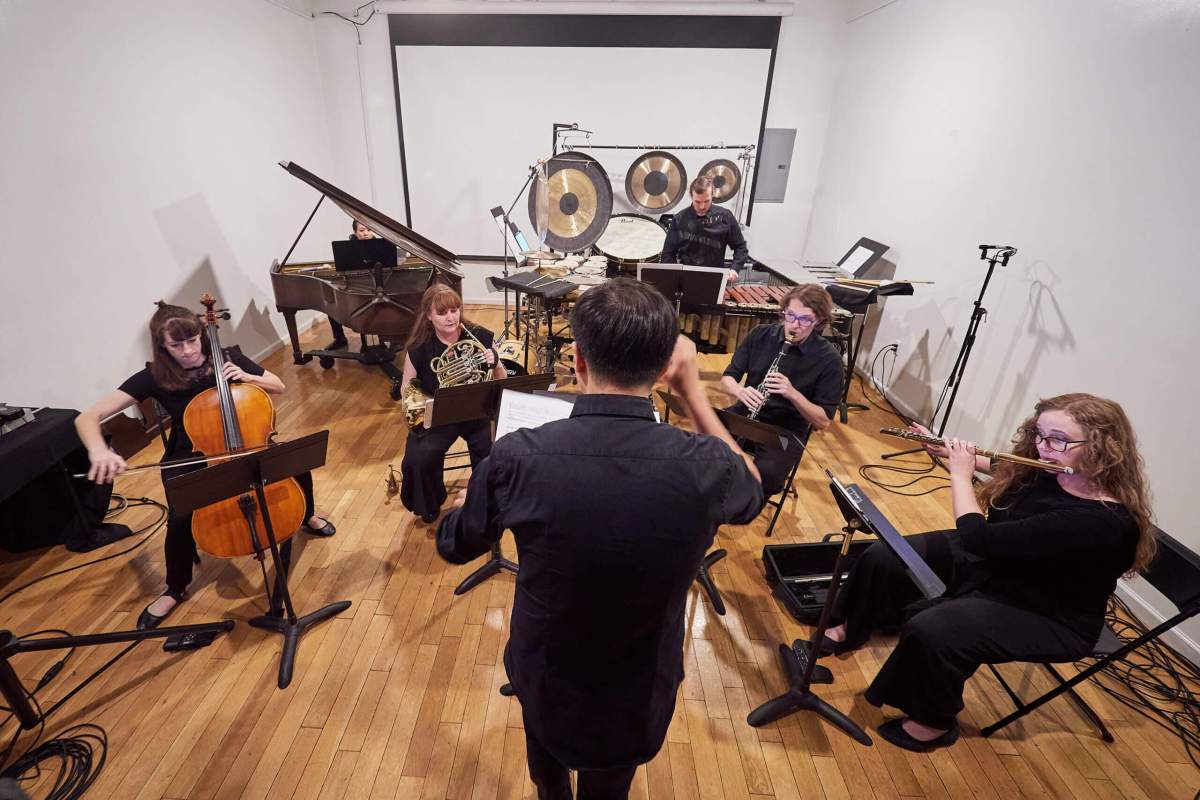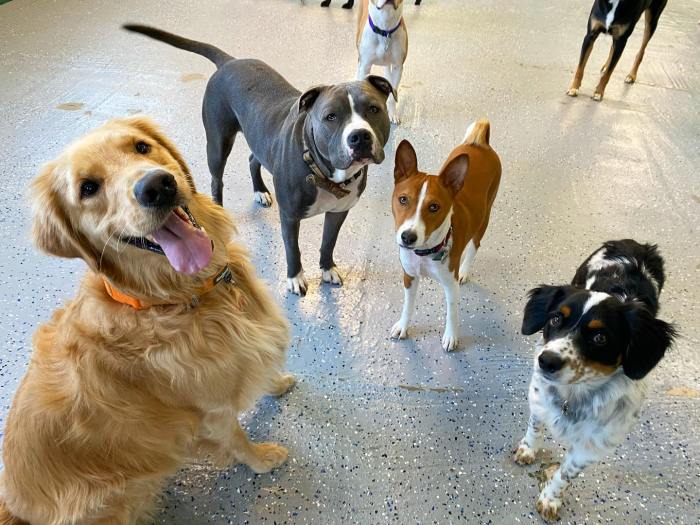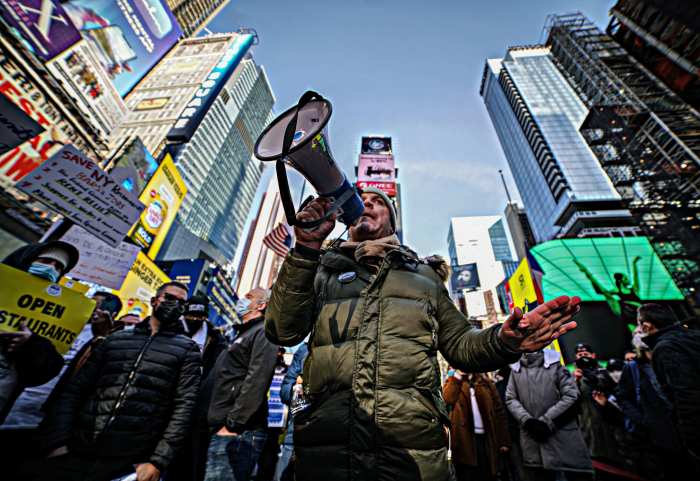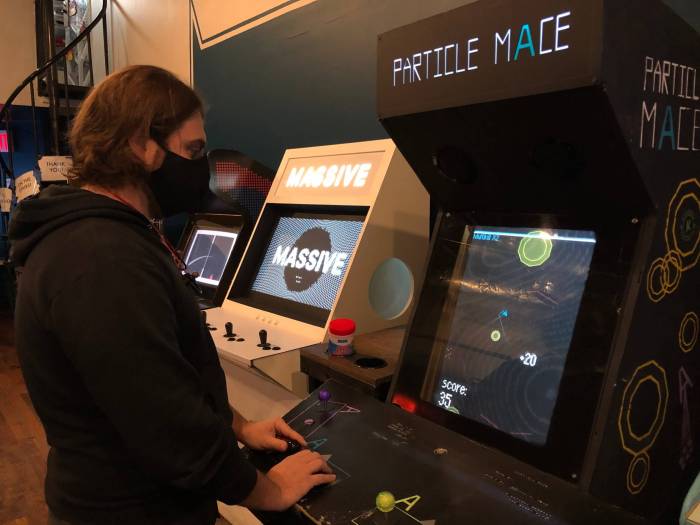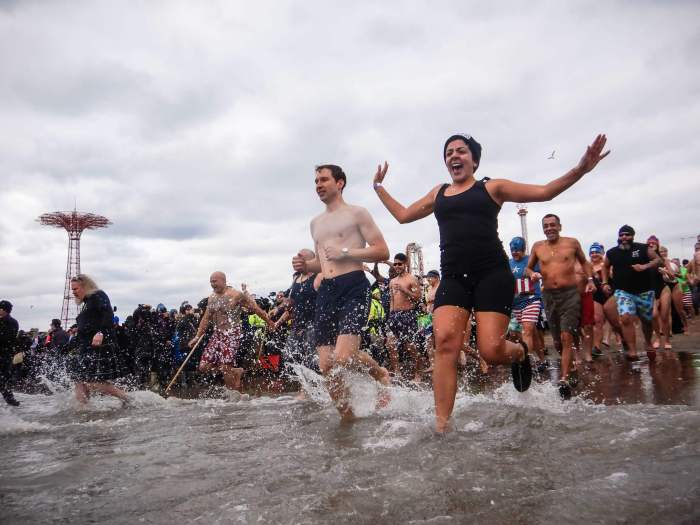Two small Brooklyn theaters struggling with the financial burdens of the pandemic are now flourishing with the help of organization IndieSpace and their inaugural “Little Venue That Could” program.
Last month, 13 lucky venues were presented with two-year $10,000 grants in order to help keep independent New York theater alive. The money can be used however a chosen venue deems necessary with most electing to use it to pay for staffing, rent, or utilities.
One of the recipients of the Little Venue That Could program was MISE-EN_PLACE, a performance space located in Greenpoint. The grant will help to alleviate certain financial burdens and allow their budget to be “less tight,” said manager Melinda Faylor.
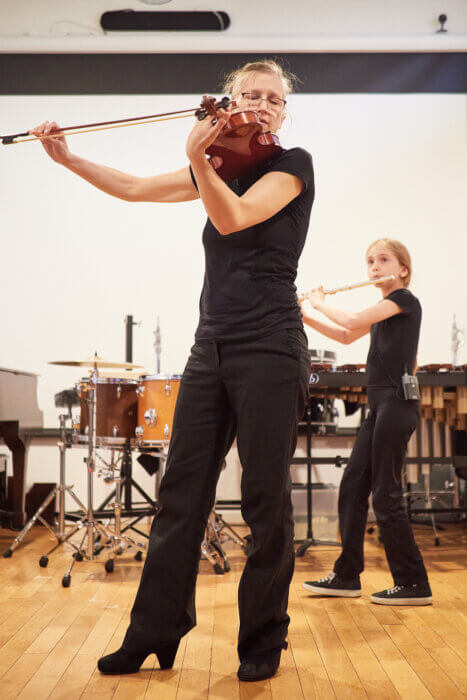
MISE-EN_PLACE was founded in 2014 as a venue for new and underrepresented composers, musicians, and sound artists. The venue hosts several concert series and an international music festival each year, and provides low-cost rehearsal space and equipment rentals to locals.
“People need access to affordable places to develop their work, in terms of rehearsals and tech and even concerts,” Faylor said. “It’s so important to have a small, accessible venue around. If not, people aren’t going to have the ability to develop their work.”
Land Back Hub, a performance and arts space in Williamsburg, also won a Little Venue grant. The donation-based performance arts space largely features Indigenous artists and works-in progress, according to its website.
The monumental effort to fund small venues was made possible through IndieSpace’s partnership with the Howard Gilman Foundation, which donated the grant money to the chosen venues — each of which have an annual budget of less than $750,000.
In many cases, having a budget below $750,000 will cause a venue to miss out on opportunities to receive federal funding or assistance from other private foundations, said Laura Aden, president and CEO of the Howard Gilman Foundation. The discrepancy in funding is ultimately what fueled IndieSpace to begin the Little Venue That Could Program, she said.
“We are thrilled to see Howard Gilman Foundation dollars flow to this cohort of indie venues, which are an invaluable part of the performing arts sector,” said Aden. “We know that the pandemic was particularly hard on smaller venues, and we hope this boost will create a pathway to more solid footing as the arts continue to recover. We want to thank IndieSpace for its care and attention as it carried out this program, as well as ADC Consulting and all of the participating panelists.”
Due to the pandemic, arts venues worldwide shuttered their doors and thus fell victim to months-long revenue losses that have proven difficult to bounce back from. New York City’s iconic Broadway theater district closed for 18 months, spanning from March 2020 to Sept. 2021, and many shows were forced to close permanently during that time.
Small, locally-owned theater companies were hit even harder, and scores of arts venues had to downsize their staff due to pandemic-related financial struggles. One such organization was the Brooklyn Academy of Music, a 150-year-old institution for the arts which had to lay off 13 percent of its staff earlier this year.
In addition to the life-giving money — which grantees can or use in any way that would be most helpful to them — the chosen venues will have access to IndieSpace’s Advisory and Consulting program, which will serve to give expert guidance to these small venues for the lifetime of a given venue’s operations.
Combined, organizers said the services will help ensure the longevity of indie and off-Broadway spaces for years to come.
“Why do we invest in other people? It’s not necessarily because we feel as though we can get something out of it, but because art is an integral part of a community. It’s an integral part of our species,” said Veshonte Brown, programs manager at IndieSpace. “Storytelling has existed before New York has existed, before money has existed, before theater storytelling. That type of community-based thing is humanity. We invest in the arts because we invest in humanity.”


